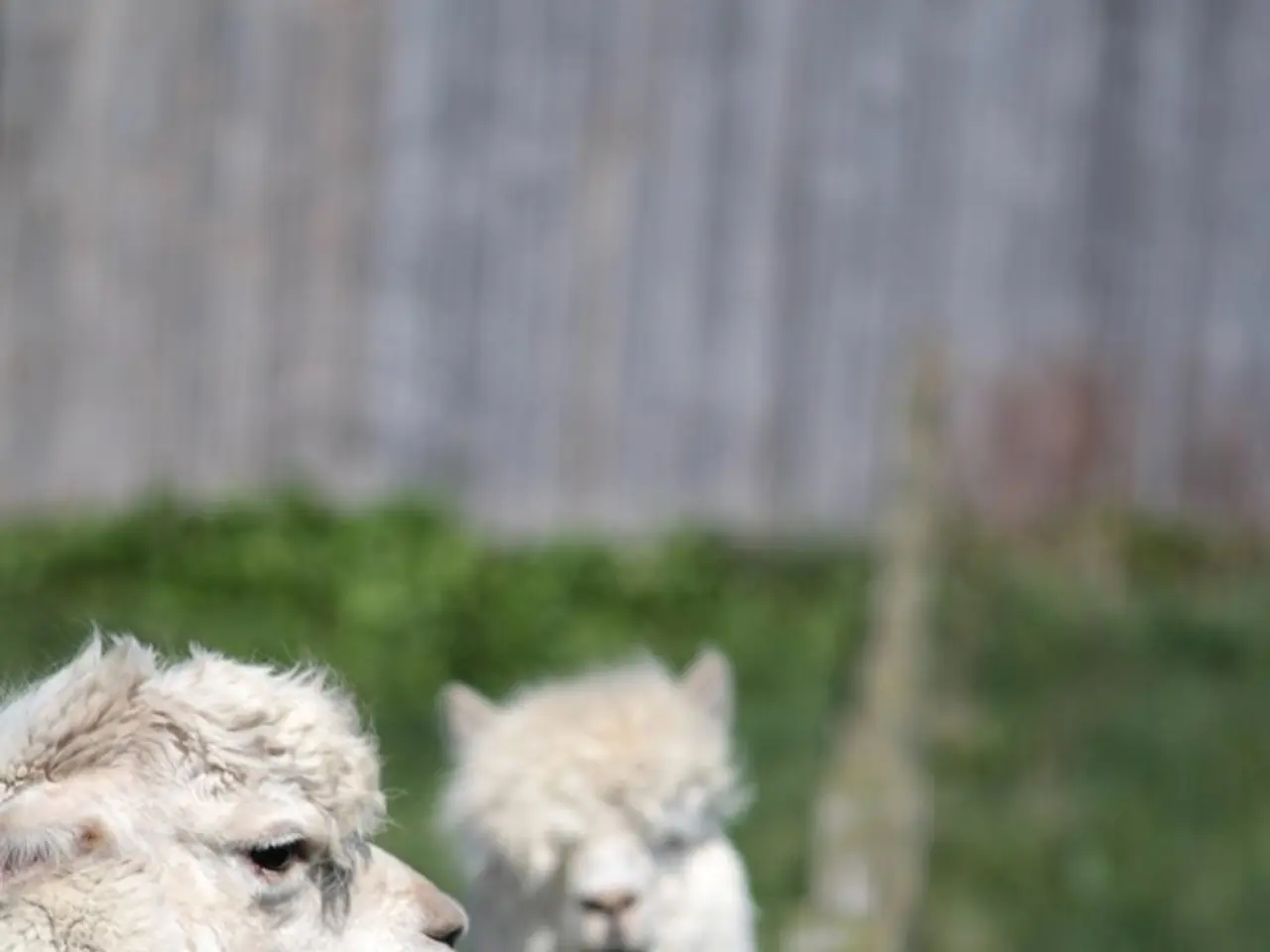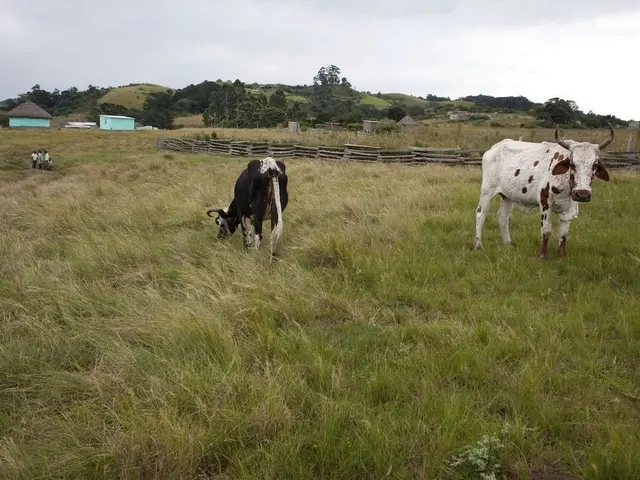Bluetongue Virus Detected in Wales: Cattle Culled, Movement Restrictions Imposed
Bluetongue, a viral disease affecting cattle and other ruminants, has been detected in Wales. A single cow tested positive for Bluetongue Virus Serotype 3 (BTV-3) on a farm near Chepstow, Monmouthshire. Additionally, the virus was found at two premises in Powys. Authorities have initiated control measures to prevent its spread.
The infected cattle in Powys will be culled as part of the disease control strategy. Investigations confirmed active midge-borne transmission on the affected farm near Chepstow. Bluetongue poses no risk to humans or food safety. It is primarily spread by biting midges and can also transmit through infected animal movement. A Temporary Control Zone (TCZ) has been declared around the affected area to restrict livestock movements and prevent further spread. The infected farm remains under strict restrictions.
The discovery of Bluetongue in Wales has prompted swift action from authorities. Cattle holders seeking information about the vaccination and control measures can contact official veterinary services or government agricultural departments responsible for animal health. The implementation of a TCZ and culling of infected animals aims to contain the outbreak and protect Wales' livestock industry.
Read also:
- US Army Boosts Irregular Warfare Readiness Through Enhanced Wargaming
- Oral presentation of a 48-week long Phase 3 clinical study on Generalized Myasthenia Gravis in China by Vor Bio scheduled at AANEM announced.
- Leading figures in the industry push for groundbreaking solutions to aid those affected by rare and neglected illnesses during the COVID-19 pandemic
- Ancient Fossilized Footprints Indicate Cohabitation of Two Hominin Species 1.5 Million Years Back








